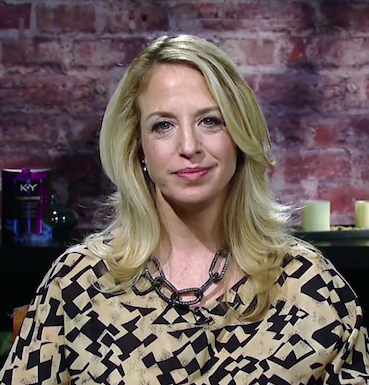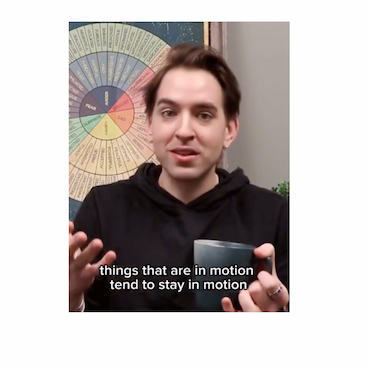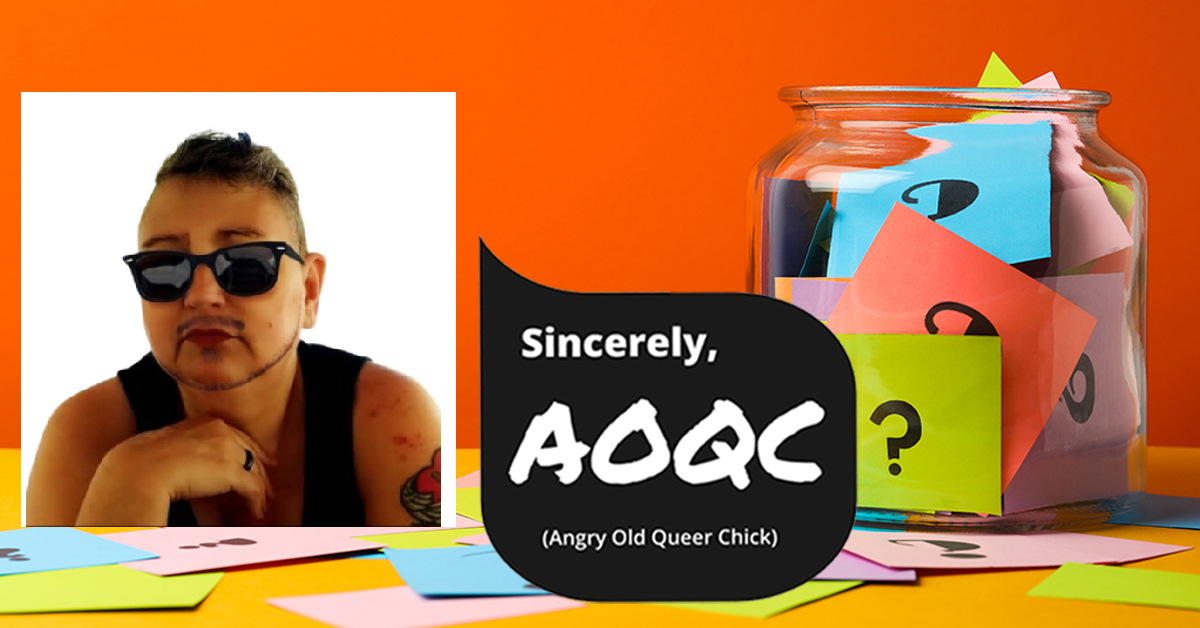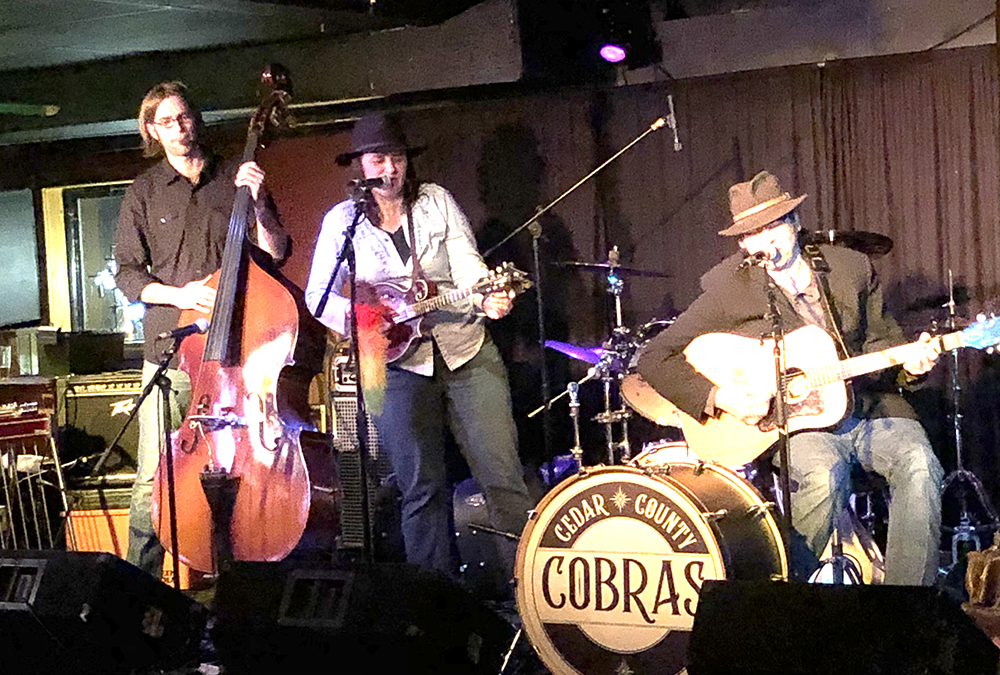Becoming a sex therapist is a childhood dream of mine come true.
I distinctly remember the day Dr. Laura Berman came on to “Oprah,” which I watched daily with my mom (along with “Rachel Ray”) while my brothers played outside or went hunting with my dad.

Dr. Laura Berman, a sex educator who appeared on Oprah Winfrey’s first talk show before starting her own, inspired Zachery Nielsen to become a sex therapist.
Dr. Laura talked the whole episode about sex. And while I couldn’t really remember her words that day, I became constantly interested in learning more about people’s most vulnerable, intimate, and raw selves.
Growing up gay in small-town Illinois led to openness
In addition, growing up as a young gay child in a small Illinois farm community, I felt innately like an outsider. So to reckon with being gay, I became “unembarrassable.”
I also became known as the most accepting individual in the Prophetstown-Lyndon-Tampico area (yes, we were so small we had to combine three towns to create one!).
These are just some reasons why sex, to me, has always been “what we all came from.” I never shied away from a conversation about it, and never stopped educating myself about it.
In hindsight, I realize this was quite progressive for a young boy. But for me, this attitude toward sex is and has always been as normal as saying, “The sky is blue.”
It also helped that I had parents who approached “the birds and the bees” conversation when I was age 10 by proclaiming, “Ask us any questions.”
I certainly did.
“What’s a blowjob? What’s an orgy? Alex’s brother on the bus says he doesn’t use a condom; what’s a condom? And why wouldn’t he use one?”
Sex therapy can help find overall enjoyment
Now that I’ve officially become a sex therapist, it feels like there is no better time for people to know more about sex therapy. Many of my clients report feeling dissatisfied with life, or burned out on keeping up with daily activities.
So many of us are living a task-oriented or a mood-dependent life. This leads us to constantly be seeking the next accomplishment or accolade. But we are actually meant to be living a pleasure-based and experience-based life that is fulfilling and satisfying.

Zachery Nielsen, owner of Bloom Therapy in Bettendorf, Iowa, shares during an Instagram video about the importance for couples of “keeping the spark alive.”
That’s what sex therapy is, at its core. It’s a way to re-orient towards your own unique sense of pleasure and enjoyment.
Much of the interventions I use come from the work of Masters & Johnson, and the research they conducted to figure out evidenced-based practices that help people access and cultivate their pleasure.
How we approach sex is a reflection of our most vulnerable selves. Often, what you experience in the bedroom is a direct reflection of your life, relationships and work outside of the bedroom. It’s why I feel that sex therapy is a beautiful treatment to normalize, validate, and educate people on how to live their most authentic and pleasurable lives.
I also think it’s important to note: not all sex therapists are equally trained. Some have only taken continuing education courses, or a couple of courses in their master’s program. I’ve chosen a different level of credibility and legitimacy: a two-year program that includes continuing education, training weekends, and time providing sex therapy under the supervision of one already licensed.
Sex therapy can range from couples with different levels of sex drive, to an individual wanting to explore their relationship to kink or fetish, including topics like bondage, BDSM, impact play, polyamory, Dom/Sub, Pup Play, and more.
It can also serve people who prioritize solo sex, or are asexual. Many times, I’ve seen faces light up with recognition when they hear, “You don’t have to want that kind of sex; you don’t have to want sex at all!” The absence of sexual desire needs normalizing and education just as much as fringe kinks and fetishes.
As people connect more with their sexual pleasure, I find they begin to also focus on finding pleasure in other areas of their lives. It’s a truly beautiful and transformative experience, and I cannot wait to share more about it with you.
(This article originally appeared in the February 2024 print edition of The Real Mainstream)





